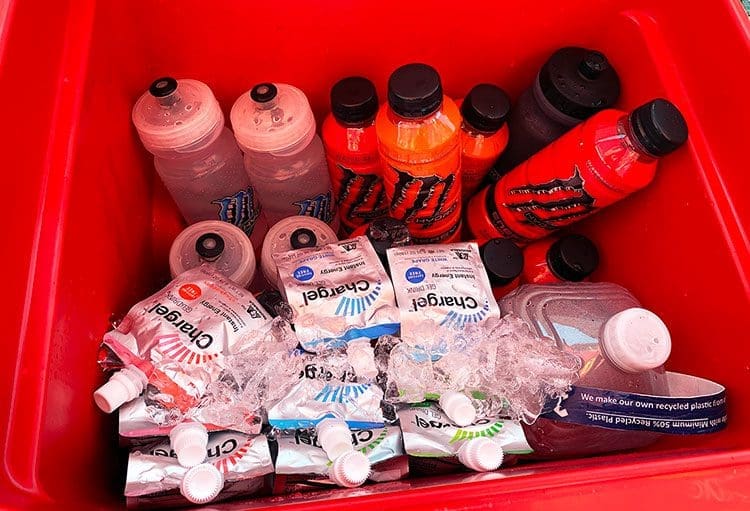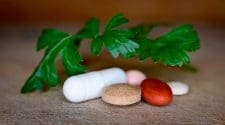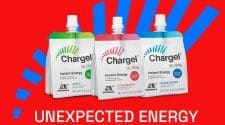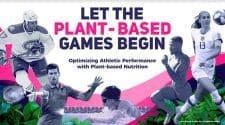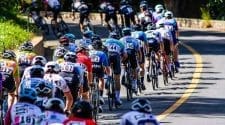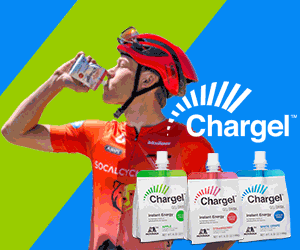Dehydration may be detrimental to your health. After all, water performs several bodily functions, such as lubricating joints, digesting nutrients, and controlling body temperature.
We lose water via natural biological activities every day, but dehydration happens when you lose more bodily fluids than you take in. Because humans are primarily made up of water and electrolytes, you need to keep them in appropriate balance in your system.
This article explains the signs and symptoms of dehydration and the best strategies to rehydrate your body.
Signs of dehydration
Water makes up a significant percentage of your body. When dehydrated, your body lacks water and cannot execute its vital activities.
This can happen if you don’t drink water to stay hydrated or if you lose a lot of water due to sweating, vomiting, or diarrhea and don’t replace it.
Water aids in digestion, lubricates joints, produces saliva, transports oxygen throughout the body, maintains body temperature, and balances the elements.
As a result, it’s critical to be on the lookout for indicators that you’re not drinking enough water.
Signs and symptoms of dehydration include:
- Urine production has decreased
- Dark-colored concentrated/pale yellow urine
- Bad breath
- Headache
- If you feel thirsty
- Nausea
- Muscle cramps
- Fatigue
- Dizziness and lightheadedness
- Dry skin
- Dry mouth/cracked lips
Dehydration can cause heat exhaustion, which causes your body temp to increase.
It can induce a slowing of certain of the body’s metabolic functions. You need to get out of the hot weather and drink enough fluids to replace lost fluids to avoid progressing to a more dangerous condition, which is heatstroke. Heatstroke is life-threatening.
How to rehydrate quickly
Drinking water
Drinking plain water throughout the day is essential regardless of your fitness objectives. Even if you only want to enhance your overall health, appropriate rehydration will increase your physical and mental performance.
Even mild dehydration can limit your capacity to create and keep muscle since water is crucial in transporting nutrients throughout the body. A study of endurance cyclists discovered a link between dehydration and decreased blood flow to the muscles. Without proper blood flow, your body cannot produce the nutrients required for muscular growth.
Drinking water is still essential if you want to lose weight since hydration affects your appetite. According to a 2016 study, those who do not drink enough water are more likely to be obese and have a higher BMI (BMI). Drinking enough water is a generally advised weight reduction method that may appear simple. Still, it is a crucial foundation that will support any other fat-loss tactics you may have.
How much water should you drink?
Everyone agrees that drinking eight glasses of water daily is the most common suggestion. This guideline is called the “8×8” rule for hydration because it is nearly eight ounces per glass. It’s an excellent starting point, but the precise quantity of water you require will depend on your habits, biology, and environment.
According to a study by the National Academies of Sciences, Engineering, and Medicine, “women who appear to be adequately hydrated consume an average of approximately 2.7 liters (91 ounces) of total water — from other beverages and foods — each day. While men consume an average of approximately 3.7 liters (125 ounces) daily.”
However, the report went on to say that these levels merely signify appropriate hydration. More fluids may be required to hydrate both men and women who participate in intense exercise or live in hot areas. Your daily hydration status may be affected if you have one or more pre-existing medical conditions like high blood pressure.
Eat plenty of fruits and vegetables.
Berries, melons, oranges, grapes, lettuce, cucumber, cabbage, and spinach have an extremely high water content, containing 80-90% water. Fruits and vegetables should be the first thing that comes to mind when you think of how to rehydrate yourself, as opposed to highly processed foods with added sugars like cereals and cookies, which contain just 1-9% water.
This is especially important to remember if you live in a region with limited access to clean drinking water. Fruits and dark green leafy vegetables are high in water content and will keep you hydrated for longer.
Oral hydration solutions
Oral rehydration solutions are specialized formulae used to prevent and treat dehydration. These are typically administered when a person has diarrhea or severe vomiting, both of which produce a considerable fluid loss. These water-based solutions often contain electrolytes and sugar, salt, potassium, and other components that aid in the body’s fluid replacement and electrolyte balance following water loss.
These rehydration liquids are often recommended by a doctor and can be costly; thus, they are only administered when a person is in danger of severe dehydration.
When considering how to rehydrate, always start with plain water since this will save you from being dehydrated and necessitating severe measures such as an oral hydration solution.
Electrolyte drinks and sports drinks
If you struggle to drink enough water daily, you may have alternative options! You might also try one of the various sports drinks on the market, like Tailwind Nutrition products which are often designed with electrolytes to aid hydration.
Alternatively, you can make juice/smoothies using fresh fruits such as apples, tomatoes, watermelon, and carrots. Coconut water has lately gained popularity as a sports drink substitute due to its high potassium content, which is vital to replenish after a strenuous workout.
Coffee and tea
Tea is a diuretic, while coffee includes the stimulant caffeine, which can leave you dehydrated if consumed in large quantities. Moderate doses of coffee and tea, on the other hand, may be somewhat hydrating!
After all, tea and coffee are essentially leaves or beans soaked in hot water. The majority of each of these beverages is still primarily water.
Skim milk and low-fat milk
Milk, in addition to providing a variety of important nutrients, has excellent moisturizing characteristics.
Milk includes electrolytes in high quantities that assist balance the amount of water in your body. Milk’s high protein content makes it an excellent post-workout drink for accelerating muscle repair and regeneration.
Remember that drinking milk after working out may induce gastrointestinal discomfort such as bloating. Furthermore, it is not suitable for lactose or milk protein-intolerant persons.
Milk, particularly full-fat milk, may not be a suitable choice if you have stomach flu, diarrhea, or vomiting, since it may aggravate these symptoms.


